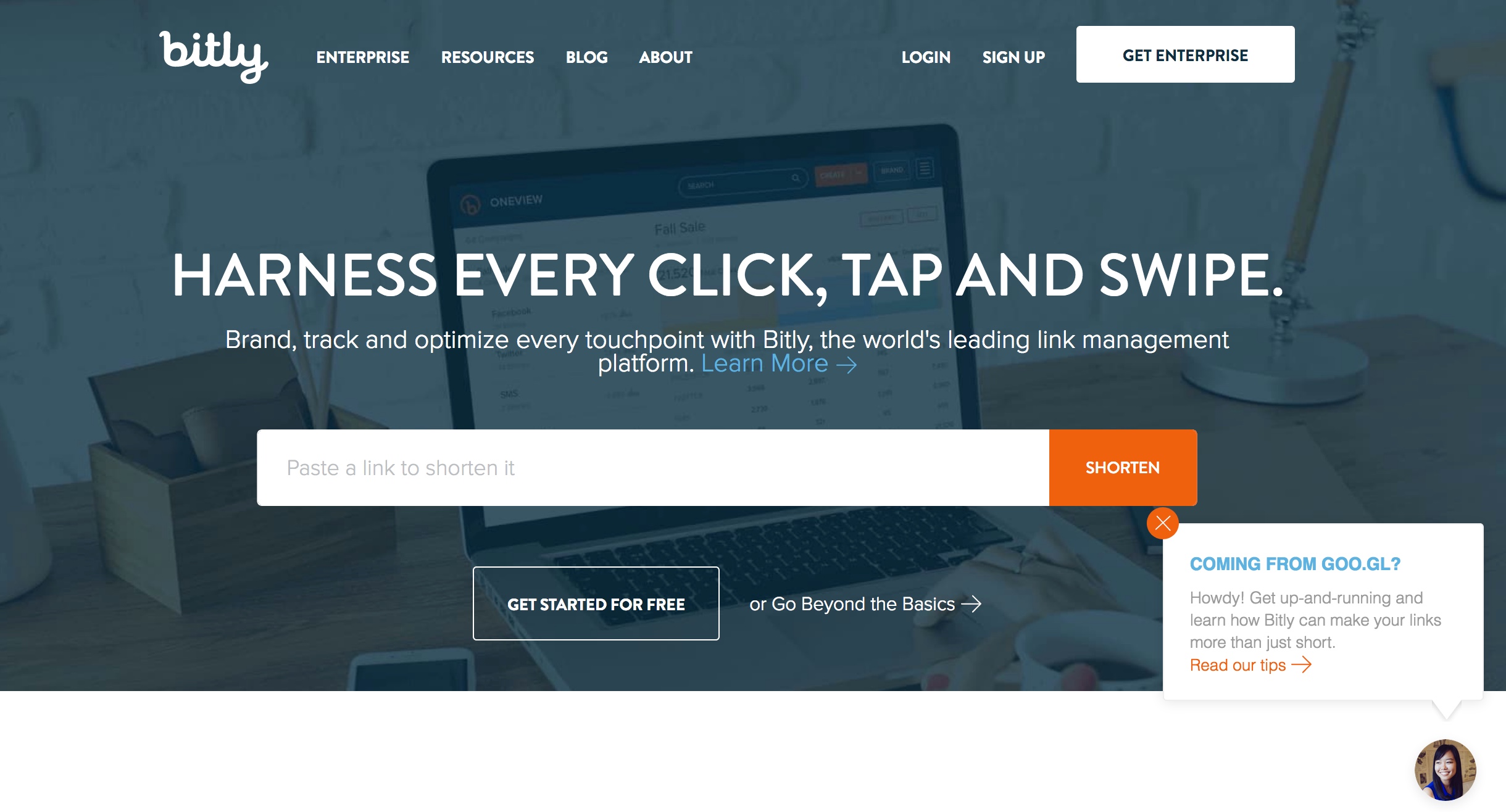Wait...what? Goo.gl stopped working? Stopped URL shortening?
Yes. Sort of. For Normal People. For developers and large companies, Google has Firebase Dynamic Links as the new option. Ever since March 30, 2018, you couldn't use goo.gl anymore to create a shortened URL. What is a shortened URL? It's when you take a really long link, like this one:
https://members.tinshingle.com/articles/ask-the-experts/once-i-have-my-product-ready-when-can-i-start-contacting
And turn it into something that looks like this: goo.gl/39487sf . You would do this to share a shorter, easier link in social media or an email so that people don't get overwhelmed with looking at a really long link, and to fit with tight character (aka letter) restrictions at places like Twitter, which mandate that you write in 140 characters or less. Or they used to, and now that policy has shifted and more characters are allowed. You would also do this to get tracking data on how many people clicked on that link.
Starting March 30, 2018, we will be turning down support for goo.gl URL shortener. From April 13, 2018 only existing users will be able to create short links on the goo.gl console. You will be able to view your analytics data and download your short link information in csv format for up to one year, until March 30, 2019, when we will discontinue goo.gl. Previously created links will continue to redirect to their intended destination.
Translation into Normal Person: Google will stop shortening URLs, unless you use their new API. Goo.gle provided analytics to show you how many people clicked on your shortened link, and that will only be available to you for a year from now - via a download of an Excel document. No longer with an easy to read webpage in a Goo.gl interface be available to you.
Further details were provided on Goo.gl's blog, where they revealed that really they are continuing to develop URL shortening technology - probably on steroids - but only for API use. API (Application Programming Interface) is basically a connection between a fancy tool like the future goo.gl aka Firebase, and a website run by a business owner.
Setting up or working with an API is no easy feat and requires investment into relationships with knowledgeable programmers to get this done for you. Tin Shingle uses a few APIs for certain things. We won't for goo.gl because we didn't rely on this tracking data, but here's what this means for you:
Reminder That Free 3rd Party Tools May Stop Working
When you use a mega-awesome tool for free, this comes with a risk. The risk is that the tool will stop working. Or disappear overnight. Or disappear in 1 month with a heads-up announcement before it implodes. We have seen this with other tools that just...stop working. One such was a Cloud storage service. I already forget the name, but one day, users of it got an email saying that in one month, all data would be gone because Facebook bought it, and that's a wrap. #soannoying That's when I moved to Dropbox and happily pay them to store my data. Check out these search results to see how many cloud storage companies this happened to.
Tech Companies Looking to Profit May Benefit From the End of Free, Simple Goo.gl
This is a mystery to me - the Unicorn tech companies who create big, beautiful things, but don't make money. Rather, they make investor infusion cash, but not actual money from their business models working. This is curious to me because the free model can obscure pricing for those companies that do provide the service, and do it based on monies they actually earn from customers, not VC or angel investors.
Bit.ly is a URL shortening company that does charge for the service of shortening URLs, and does offer it for free. Bit.ly has created a beautiful website that is easy to use, as opposed to Google's (now known as Alphabet) which usually lack a beautifully designed interface because developers are kings in those parts. Not to knock a developer, but a developer focuses on data and just making sure the data is available to people, and a designer transforms that data - often cutting it out - so that a Normal Person can use it without getting overwhelmed.
Looks like many people are headed over to Bit.ly from Goo.gl, as Bit.ly has set up a pop-up box for it in their lower right corner of their website.
Bit.ly's been hard at work educating their customers and future customers with helpful marketing webinars, and other resources. Hopefully this new development of a free service being taken off the market works in their favor!



